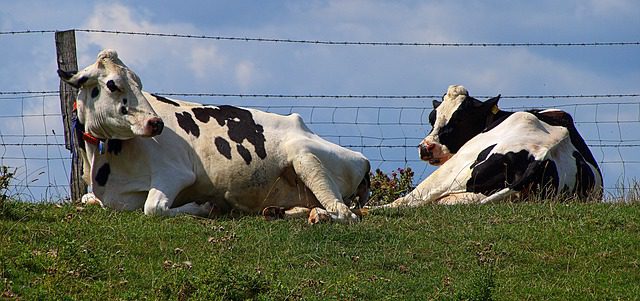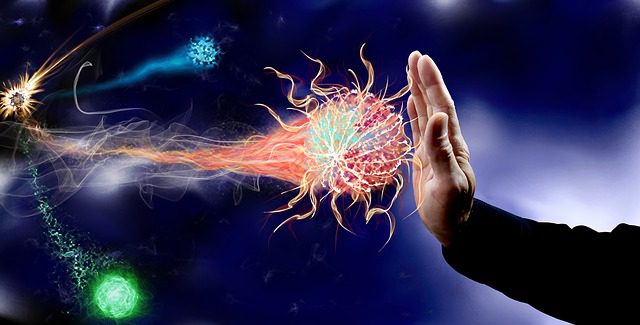
NEJM “a recombination event between B.1.1.7 and B.1.526” coronavirus variants
Examination of the SARS-CoV-2 sequences revealed that both patients were infected with variant viruses. Rapid identification of sequence variants by targeted PCR amplification showed that neither sequence precisely fit any known clade. Some of the substitutions in Patient 1 (T95I, del144, E484K, A570D, D614G, P681H, and D796H) were shared with B.1.526 (T95I, E484K, and D614G6), and three substitutions were shared with Patient 2 (in whom the variants T95I, G142V and del144, F220I, R190T, R237K, R246T, and D614G were detected). Whole viral genome sequencing revealed several additional substitutions, including D796H, present in a guanine–cytosine–rich region not identified by targeted PCR. These substitutions may decrease sensitivity to convalescent serum11 and may have some unique noncoding changes as compared with the clades first identified in Wuhan, the United Kingdom, and New York City.
Although more detailed analysis of whole-genome sequencing from Patient 1 was undertaken, we could not conclude that the variant in this patient was a Pango lineage because it was only present in a single person.
Its closest links on the phylogenetic tree were the variant first identified in the United Kingdom (B.1.1.7) and the variant first identified in New York City (B.1.526), but with considerable differences. It will be of interest to determine whether this may have resulted from a recombination event between B.1.1.7 and B.1.526, as has been recently reported for recombination between the B.1.1.7 lineage and the “wild-type” lineage first identified in Wuhan. Alternatively, shared substitutions may be the result of convergent evolution.
NEJM: Vaccine Breakthrough Infections with SARS-CoV-2 Variants
See also:





